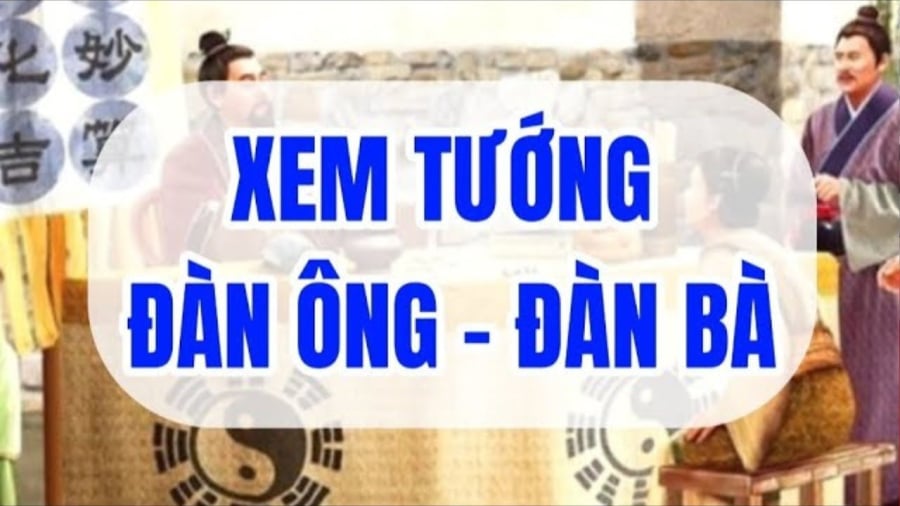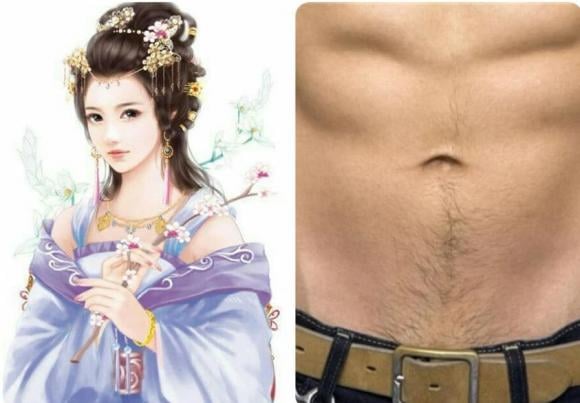In Eastern culture and philosophy, particularly in cultures influenced by Chinese and Vietnamese traditions, there are proverbs that reflect the values, virtues, and perceived roles of each gender. One such proverb is, “Men without ‘mao’ are like gold; women with many blessings have little ‘mao.’”

Men Without “Mao” Are Like Gold
The Concept of “Mao”
“Mao” (毛) in Chinese means “hair” or “fur.” In this context, “mao” refers to trivial or insignificant elements. It also implies things of little value or minor qualities that do not greatly affect a person’s overall worth.
Interpretation of the Proverb
-
“Men without ‘mao’ are like gold”: This part of the proverb suggests that men should not be judged solely on minor qualities or insignificant details. Instead, their value should be assessed based on greater virtues and achievements, much like gold, which symbolizes preciousness and high value. This can be interpreted as encouraging a more equitable and comprehensive evaluation of men’s virtues and worth, rather than an excessive focus on trivialities.
-
“Women with many blessings have little ‘mao’“: This part of the proverb emphasizes that women, in traditional perception, are considered to have more blessings and less worry about trivial matters. Culturally, this could mean that women are often seen as luckier and less judged on minor elements. It reflects a traditional view of women’s roles and worth in society.
Modern Perspective
In modern society, these traditional notions are subject to re-examination and reinterpretation. Gender equality and fairness are becoming increasingly important values, and the way we perceive the worth of men and women is evolving. Assessing people based on their greater qualities and respecting each individual’s unique virtues is essential in today’s world.

Men With “Mao,” Women With Less “Mao”
The proverb, “Men without ‘mao’ are like gold; women with many blessings have little ‘mao,’” reflects a traditional view of the virtues and worth of men and women. While it may still hold value in certain cultural contexts, modern perspectives on gender equality and fairness call for us to evaluate people based on their individual qualities and values, rather than solely on trivial elements or traditional notions.


































